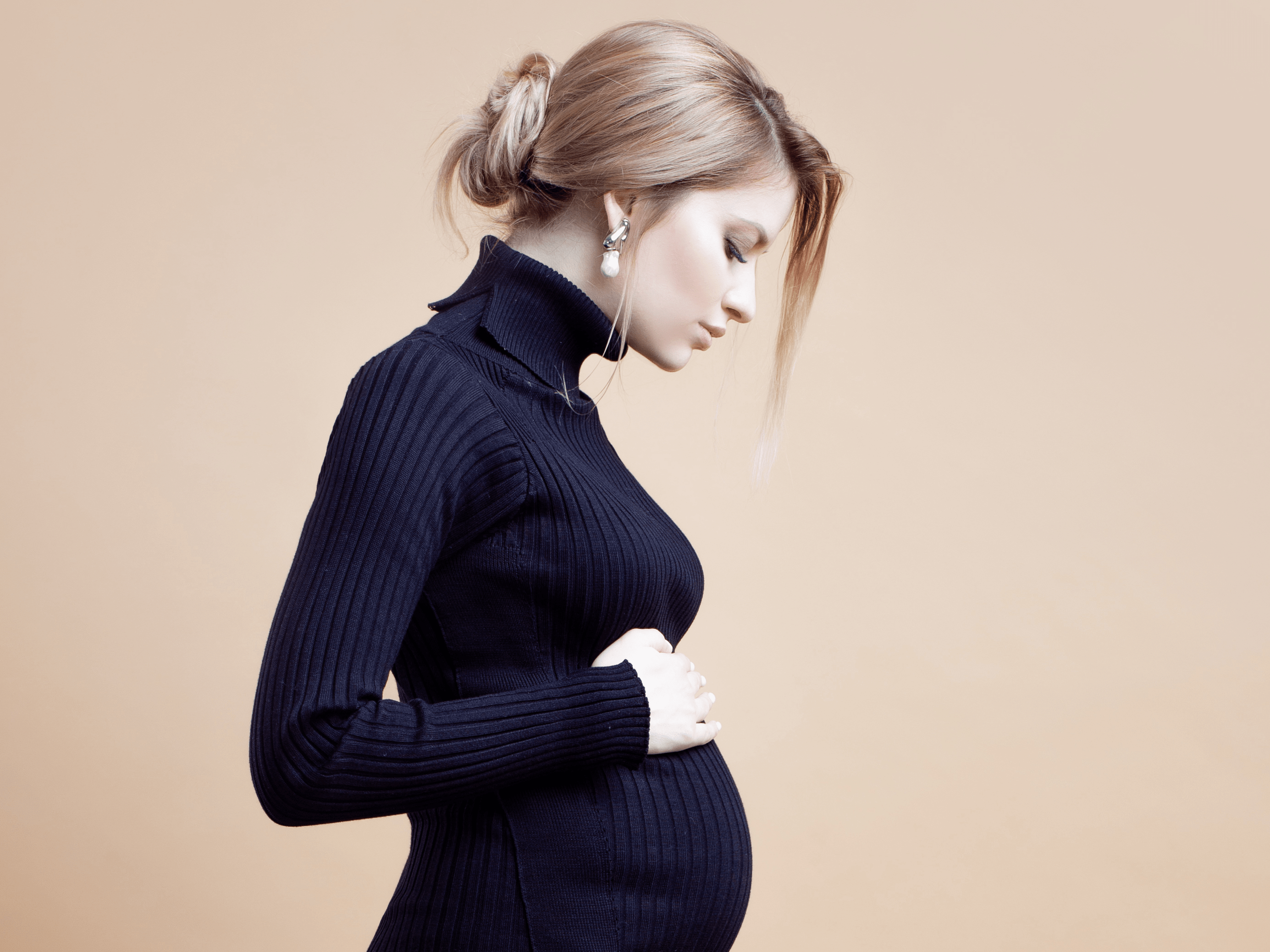Pregnancy could be an exciting but nerve-racking time. Not just because you’re all of a sudden growing a tiny person inside you, but because it seems like everyone you know is trying to terrify you with stories about things that just a few months ago seemed completely innocent and required very little consideration, but are now completely off-limits.
Sushi? Before pregnancy, it’s a delightful lunch. Once you’re pregnant, it’s suddenly horrifying poison, only to be eaten if you want to expose your growing baby to mercury, bacteria, and other harmful parasites. So, yellowtail and tuna rolls have to wait…
Ok, we can lay off sushi for 9 months, but please don’t ask us to function without coffee! It seems everywhere you look there is an article about coffee consumption in pregnancy.
These recent articles on dangers of caffeine for pregnant women rely on the information that comes from a 2019 study that was presented at the American Society for Reproductive Medicine’s annual congress. The study that analyzed an existing data of 1,200 pregnant women and found that any use of caffeine was associated with pregnancy loss. This of course led to the alarming headlines warning women to cut coffee out altogether. But before we ditch our beloved latte entirely, there are a few important facts to consider.
- This isn’t the first study on caffeine use in pregnancy. It’s not even the biggest one to date
- Studies from 2016 and 2017 found that low intakes of caffeine were not associated with an increased risk.
- Overall, the best evidence seems to indicate that small amounts of coffee are unlikely to cause miscarriages, although the risk cannot be ruled out completely
- There is however very good evidence that high levels of caffeine are bad for developing babies. Very high intakes – more than eight cups a day – are almost certainly harmful and can cause babies to have low birth weights.
So who do we believe? Should pregnant women cut their caffeine intake completely or drink coffee in moderation?
Public health advice usually works like this: scientists and researchers identify the ideal scenario, but make recommendations based on real life. In an ideal world, pregnant women should probably err on the side of caution and stay away from anything that can possibly cause harm to their unborn baby. We do however live in the real world where pregnant women are people and shouldn’t be made to feel guilty for 9 months about every single remotely unsafe thing they do.
That’s why the World Health Organization issued guidelines recommending that women limit their caffeine intake during pregnancy to 200 mg of caffeine per day. This is about the amount in 1½ 8-ounce cups of coffee or one 12-ounce cup. Drinking absolutely no coffee might be the safest option, but the harms, if any, from drinking a cup or two a day seem to be extremely minimal.
If you’re stressed about caffeine and pregnancy, the best advice is to talk to your doctor. He or she is your best source for getting advice on how to manage your way through this amazing experience of making a human being.
And don’t worry too much about the headlines. The reality is usually not nearly as scary as the stories make it out to be.



